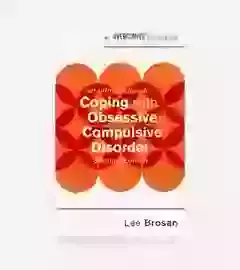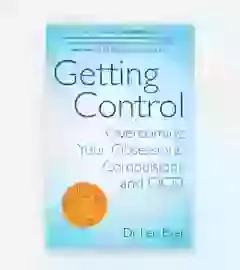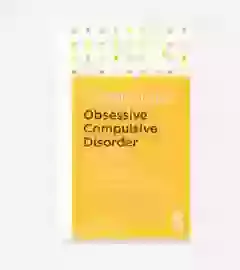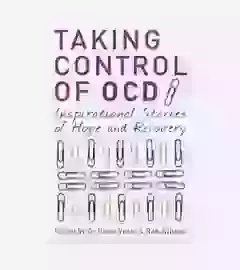What do we mean by Obsessive Compulsive Disorder?
Obsessive compulsive disorder (OCD) means having certain thoughts (obsessions) and responding to them in certain ways (compulsions). The words 'obsession' and 'compulsion' in OCD mean something slightly different from their everyday meanings. 'Obsession' means a persistent thought or urge that just pops into the mind, is difficult to control or get rid of and causes distress. Almost everybody experiences these sort of intrusive thoughts sometimes, but the difference is that people with OCD think that harm might occur to themselves, to someone they love, or to another vulnerable person because of what they do or don't do in response to these thoughts. So they try too hard - in the form of compulsions and 'avoidance behaviours' - to prevent these things happening. This makes the thoughts even more frequent and distressing so that eventually they seem to take over the person's life. Common obsessions in OCD are fear of contamination (e.g. from dirt, viruses, germs, bodily fluids, excrement or chemicals); doubts about harm occurring (e.g. from doors not being locked); excessive concern about exactness, order or symmetry; sexual thoughts or images; and the urge to hoard.
'Compulsions' in OCD are a bit like rituals. They are acts that you repeat over and over again in response to an obsession, in order to reduce the risk of harm occurring. A compulsion can be physical (e.g. repeatedly checking that a door is locked) or mental (e.g. saying a certain phrase in your mind). For example, you might say a special phrase to prevent your partner from dying (this is called 'neutralizing'.) Common compulsions in OCD are: checking (e.g. gas taps), mental rituals (e.g. special words or prayers repeated in a set manner), ordering or arranging acts, or counting. Certain compulsions tend to go with certain obsessions. The most common combination is an obsession about contamination from germs or bodily fluids linked with compulsive washing and cleaning.
One of the main characteristics of these compulsions is the criteria the person has for finishing them. Someone with OCD who has an obsessive fear of contamination, for example, doesn't finish washing their hands when they can see they're clean, but only when they feel 'comfortable' or 'just right'. Many people without OCD use this sort of emotional criteria when they are making a momentous decision, such as buying a house, but for people with OCD, it is as if they are making a momentous decision on a daily basis.
Avoidance behaviour is a central part of OCD. It means avoiding situations to prevent yourself feeling anxious and having to carry out a compulsion. So, if you have a fear of contamination from dirt, you might go to great lengths not to touch toilet seats or door handles, or shake hands with people.
All types of escape from a particular situation, including neutralizing and performing compulsions, are forms of safety-seeking behaviour. Safety-seeking behaviour is something you do in response to a situation you fear, in order to prevent harm and reduce your anxiety.














